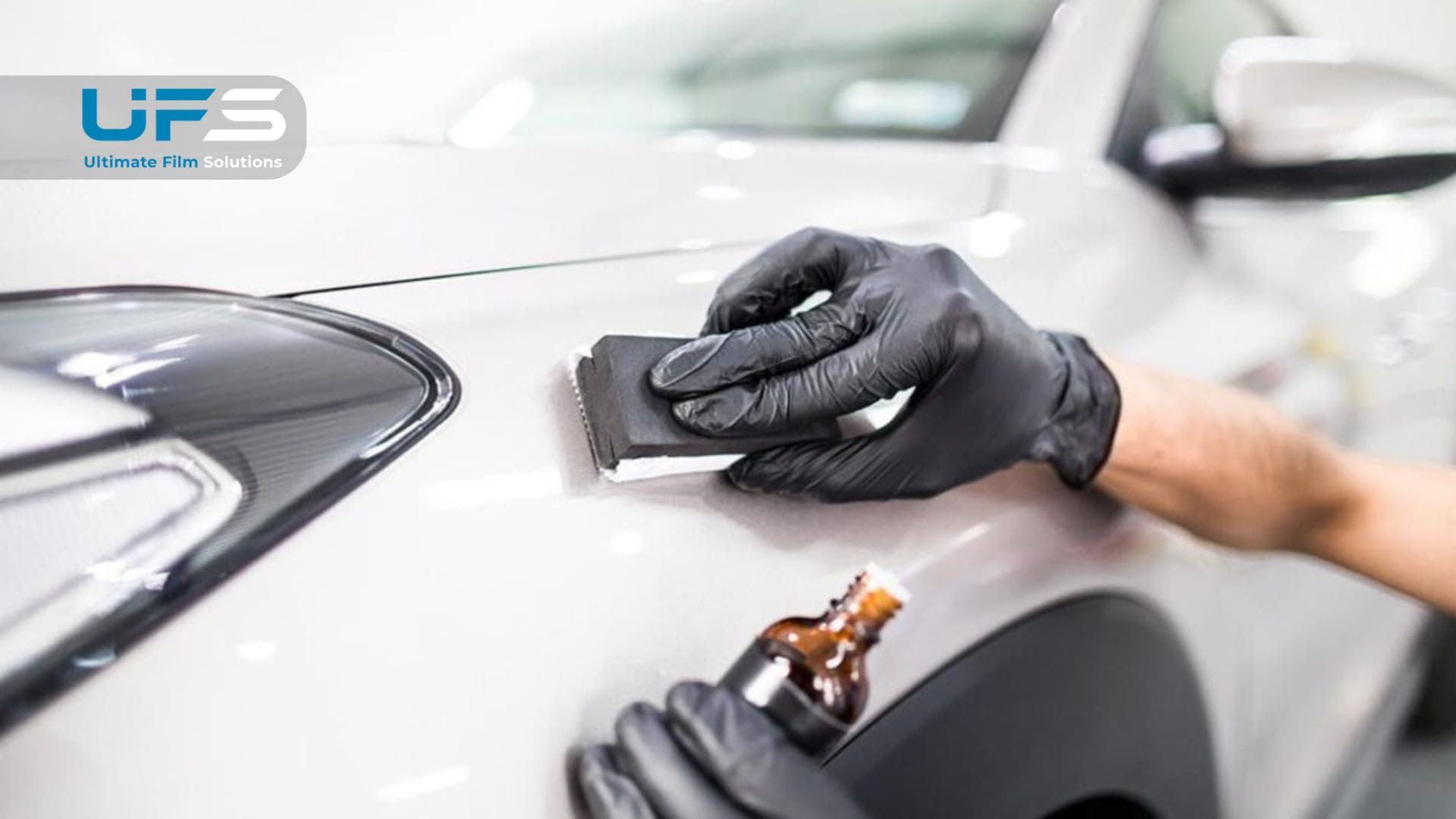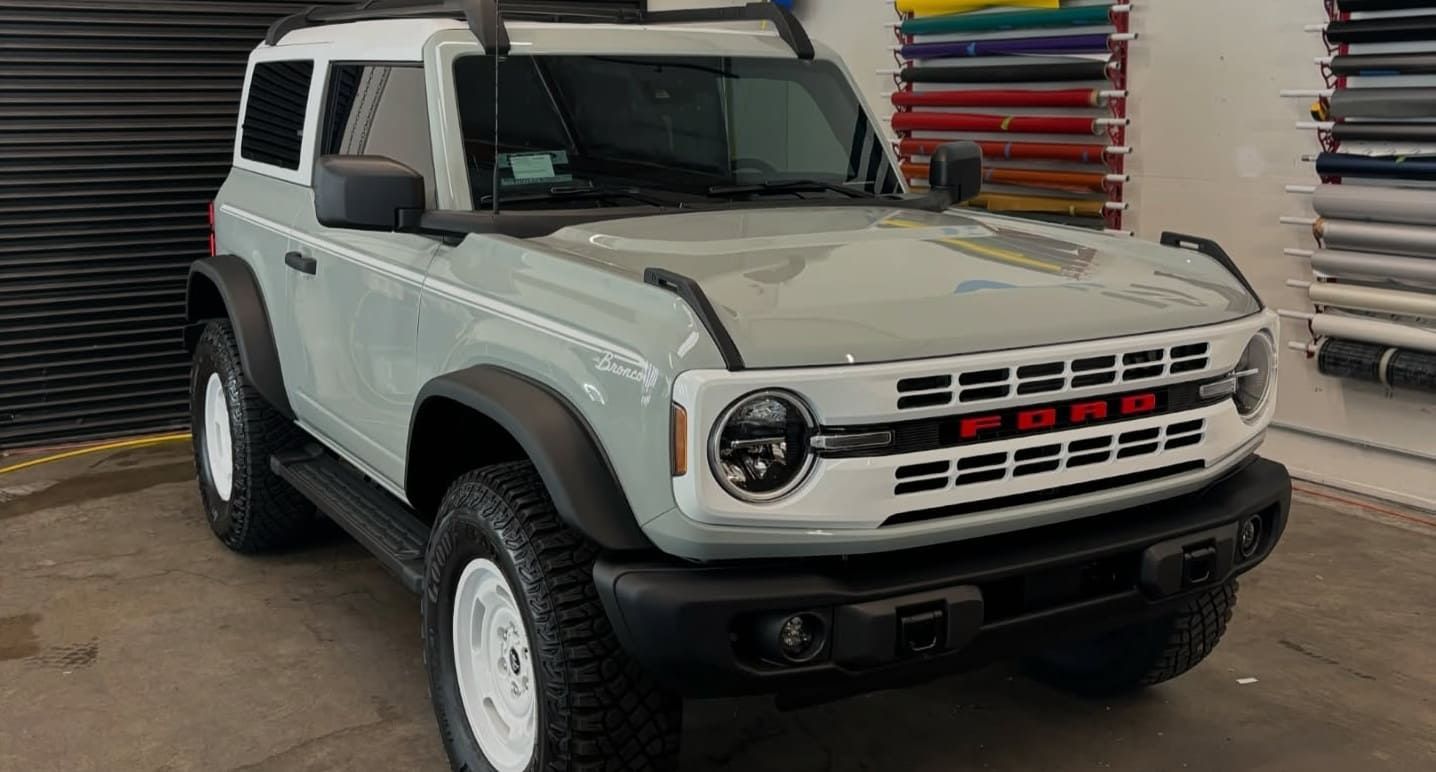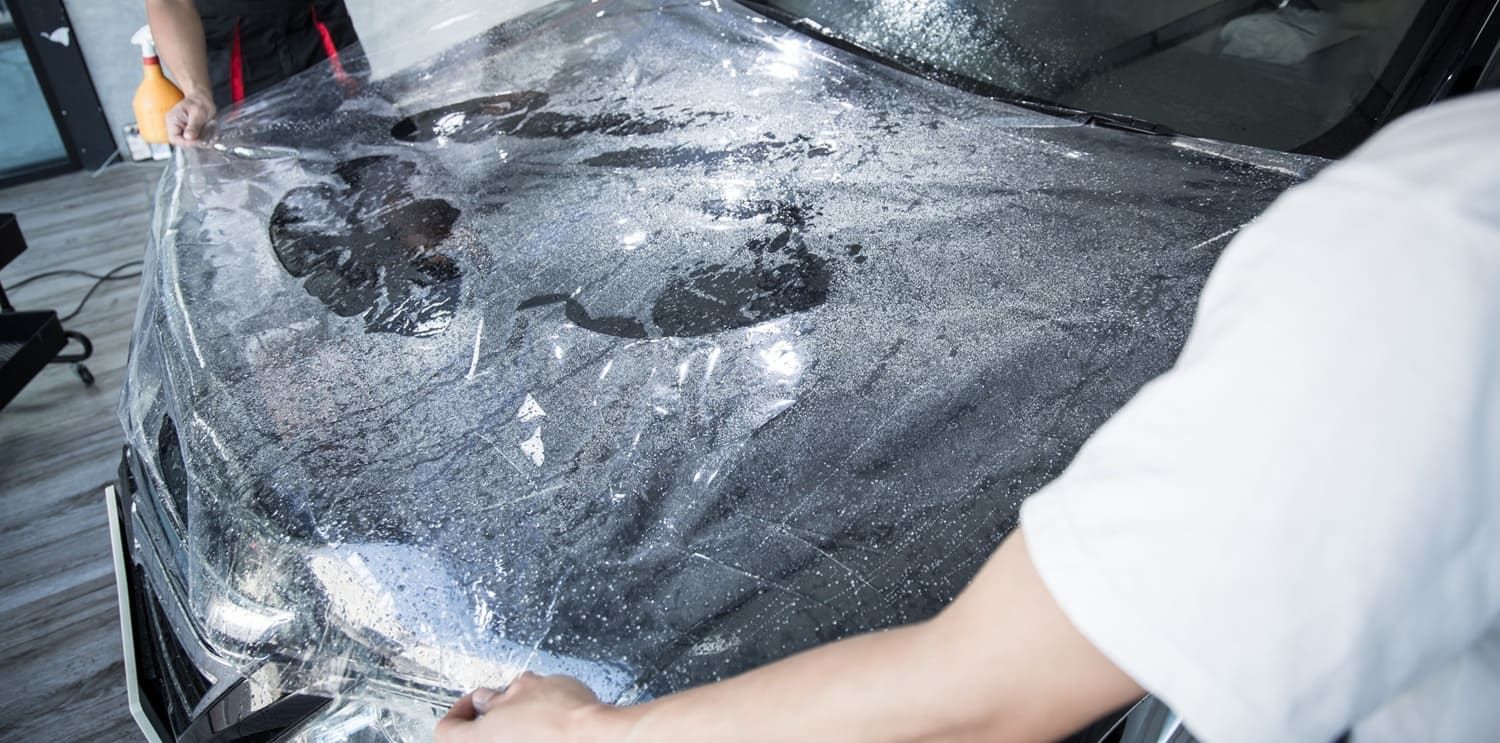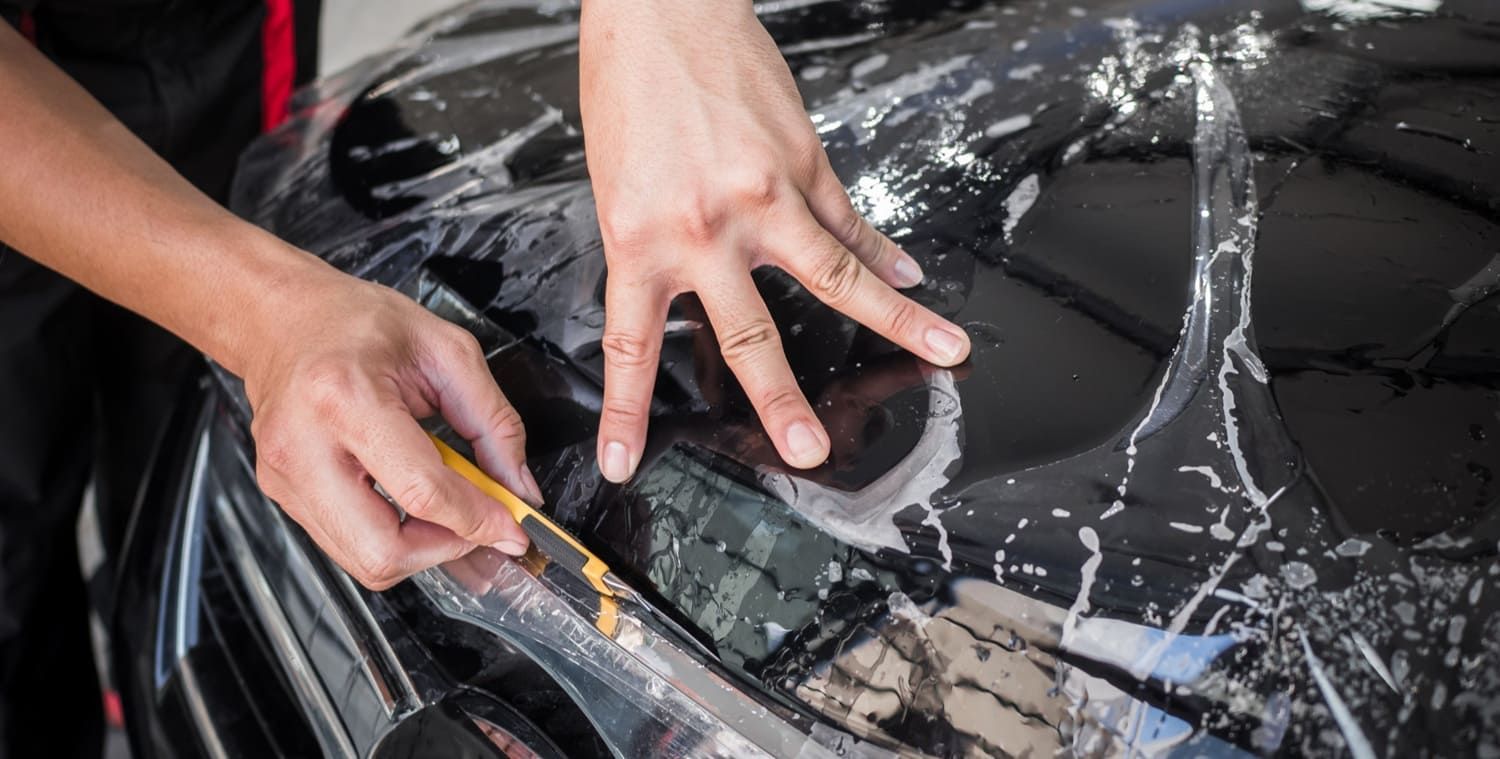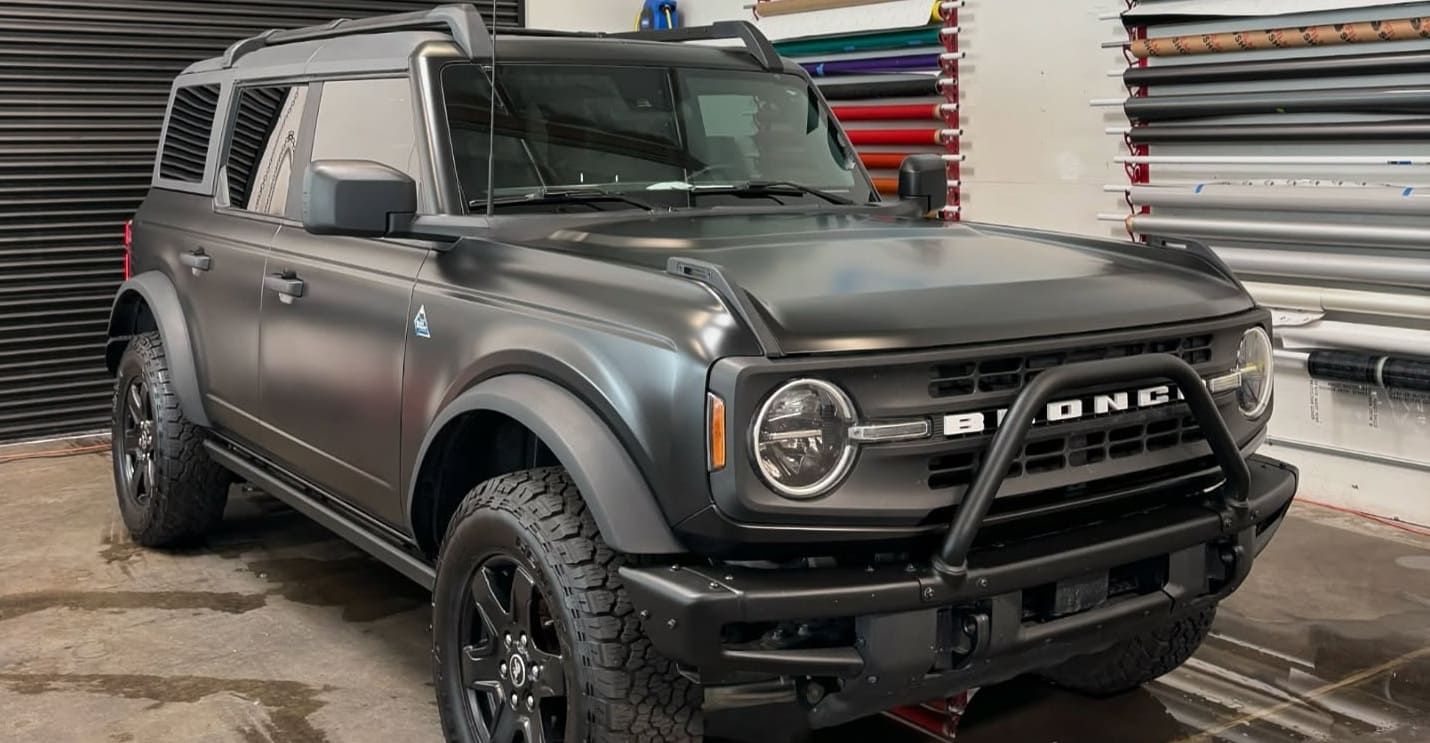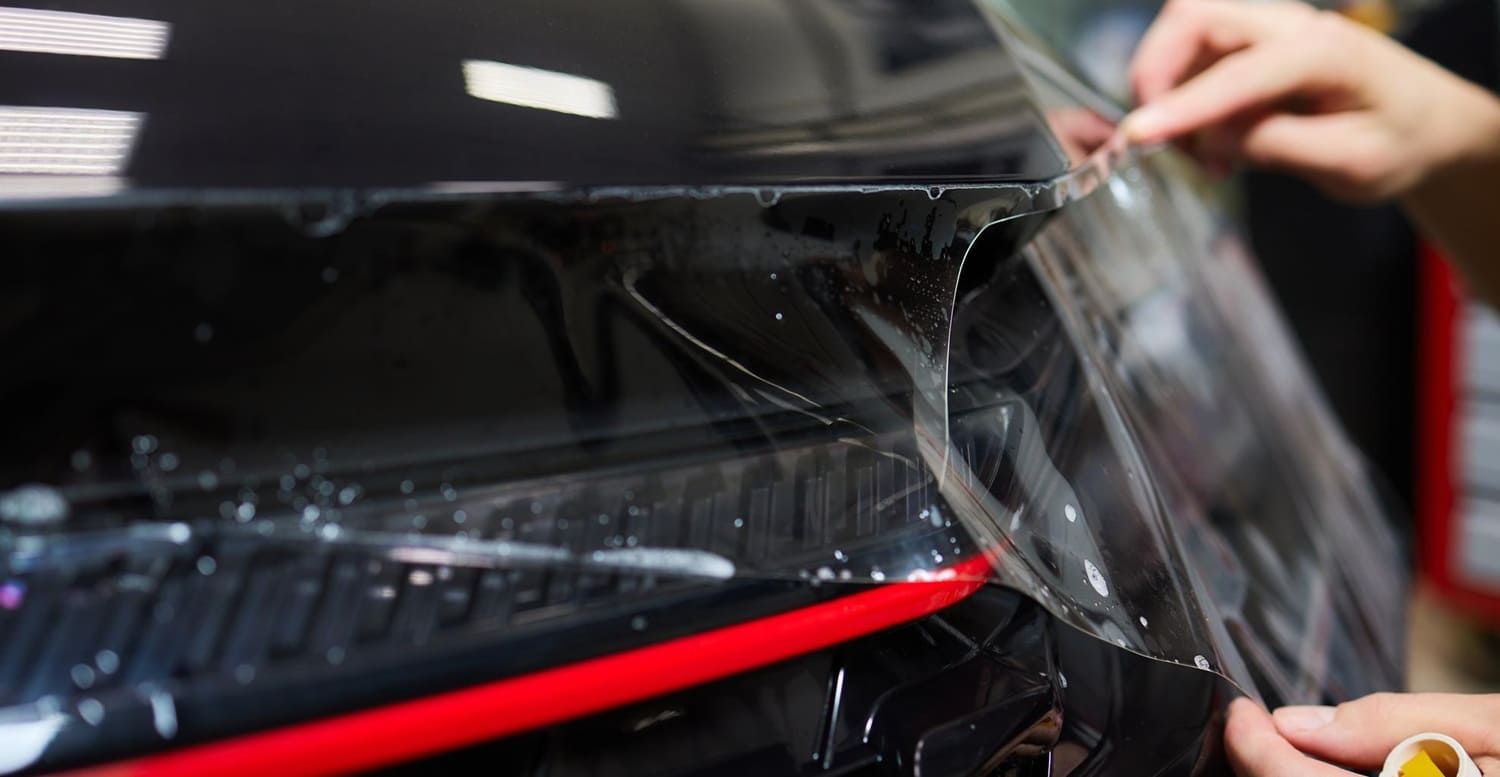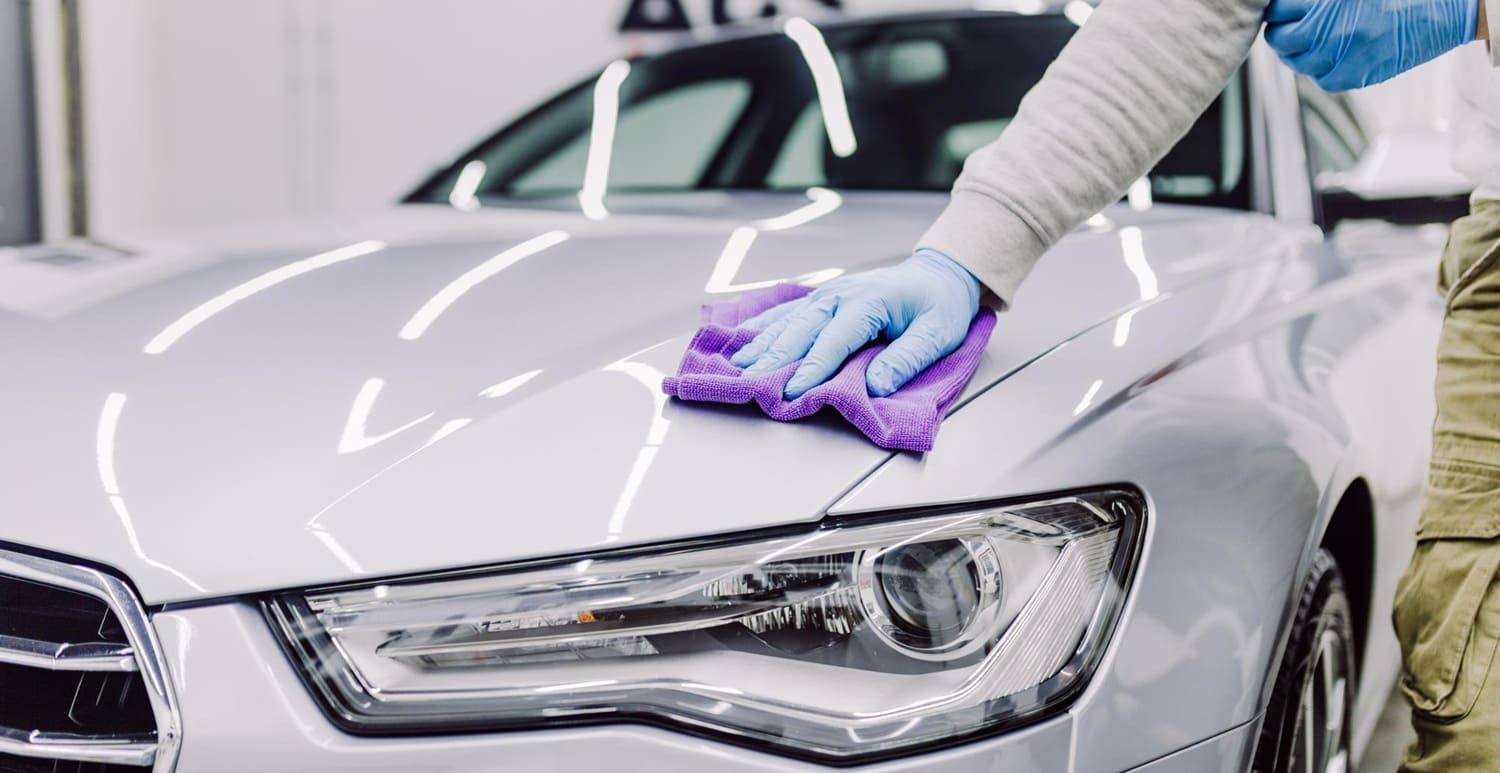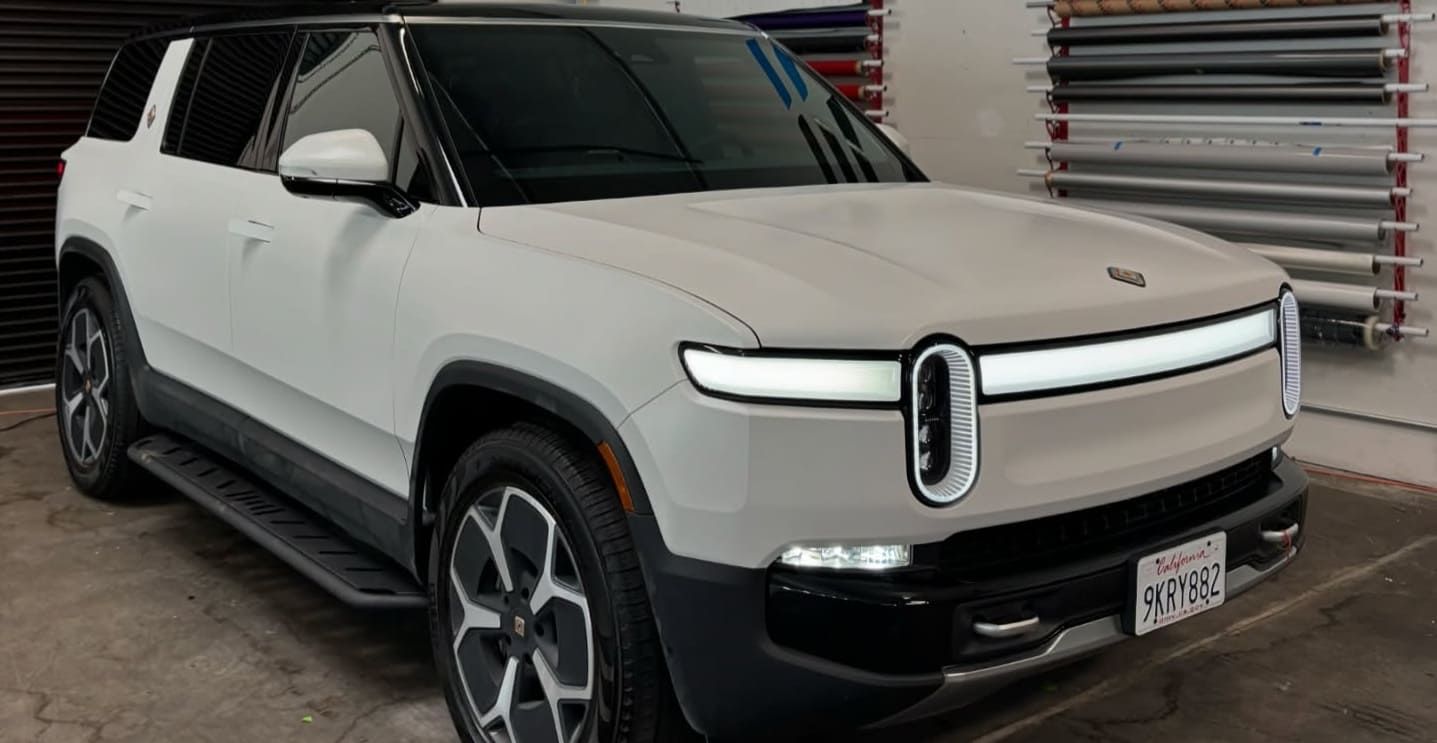How to Choose the Best Car Window Tint Film
Choosing the right car window tint film can be a daunting task. With a myriad of options available, it's easy to feel overwhelmed.
This guide aims to simplify the process. We'll delve into the different types of automotive tint film options, their benefits, and how to choose the best one for your needs.
We'll also touch on legal considerations, such as California window tinting laws. It's crucial to ensure your choice complies with local regulations.
By the end of this article, you'll be equipped with the knowledge to make an informed decision on the best car window tint film for your vehicle.

Understanding Different Types of Tint Films
When it comes to car tint, there are several types to choose from. Each type has its unique properties and benefits.
Here are the five main types of car window tint film:
- Dyed: This is the most affordable option, offering privacy and reducing heat. However, it may fade over time.
- Metalized: This type strengthens windows, reduces heat, and doesn't fade. But it can interfere with in-car technology.
- Hybrid: Combining the best of dyed and metalized, hybrid tints offer good heat control and less electronic interference.
- Carbon: Carbon tint film provides excellent heat reduction and doesn't fade. It's also great for privacy.
- Ceramic: The most advanced option, ceramic tint film offers superior heat reduction, doesn't interfere with electronics, and doesn't fade. However, it's the most expensive.
Importance of UV Protection and Visibility
UV protection is a crucial factor when choosing a car window tint film. High-quality tints can block up to 99% of harmful UV rays. This not only protects your skin but also prevents your car's interior from fading.
Visibility is another key consideration. Darker tints may offer more privacy, but they can also reduce visibility, especially at night. Always ensure your chosen tint complies with local laws regarding Visible Light Transmission (VLT) percentages.
Legal Considerations: Complying with Tinting Laws
When choosing a car window tint film, it's essential to consider local laws. Different states have different regulations regarding tint darkness and reflectivity.
Non-compliance can result in fines. Therefore, always check your state's laws before making a decision.
California Window Tinting Laws
In California, for instance, the law allows 70% VLT for front side windows and any VLT for rear windows. It's crucial to understand these specifics to avoid legal issues.
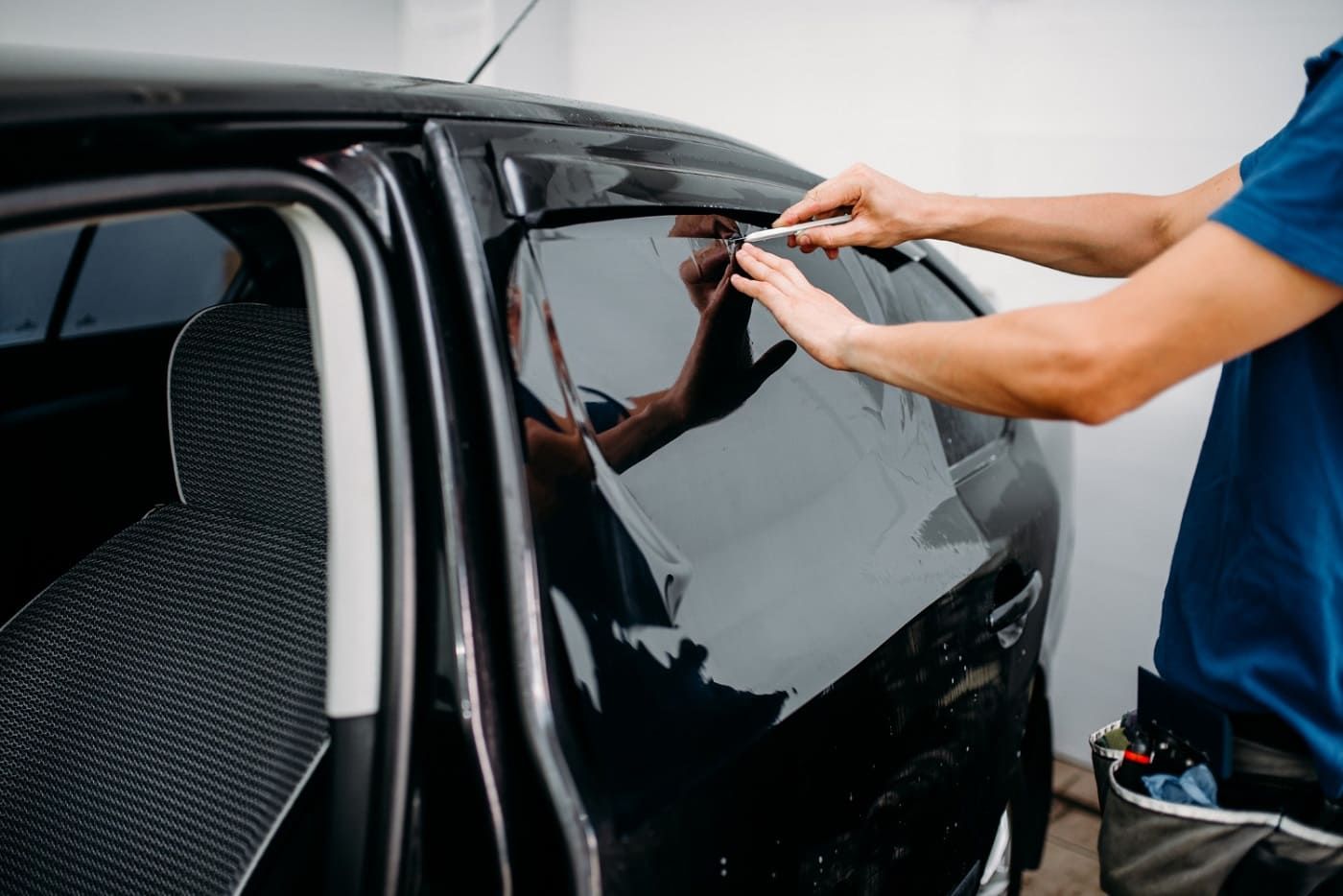
Tips for Choosing the Right Tint Film
Choosing the right car window tint film involves several factors. It's not just about the look, but also about functionality and compliance with laws.
Here are some tips to guide your choice:
- Assess the Visible Light Transmission (VLT) percentage. A lower VLT means darker tint.
- Balance cost and quality. While budget is important, don't compromise on quality.
- Consider heat rejection properties. A good tint film can help keep your car cool in hot weather.
The Benefits of Professional Installation
Opting for professional installation can ensure a flawless finish. Professionals have the right tools and expertise to avoid bubbles and peeling.
Moreover, they are knowledgeable about tinting laws. They can guide you in choosing a tint film that complies with local regulations.
Maintenance and Longevity of Tint Film
Proper maintenance can extend the life of your tint film. Regular cleaning with non-ammonia based cleaners can prevent peeling and fading.
High-quality tint films are more durable. They resist scratching and fading, ensuring your tint looks fresh for longer.
Conclusion: Making an Informed Decision
Choosing the best car window tint film involves considering various factors. These include the type of film, UV protection, visibility, and legal requirements.
By understanding these aspects, you can make an informed decision. This ensures you get a tint film that meets your needs and enhances your driving experience.
If you have further questions about the tinting process, contact our pros for expert advice. We also offer free estimates to help you make your decision, so reach out to Ultimate Film Solutions today!

